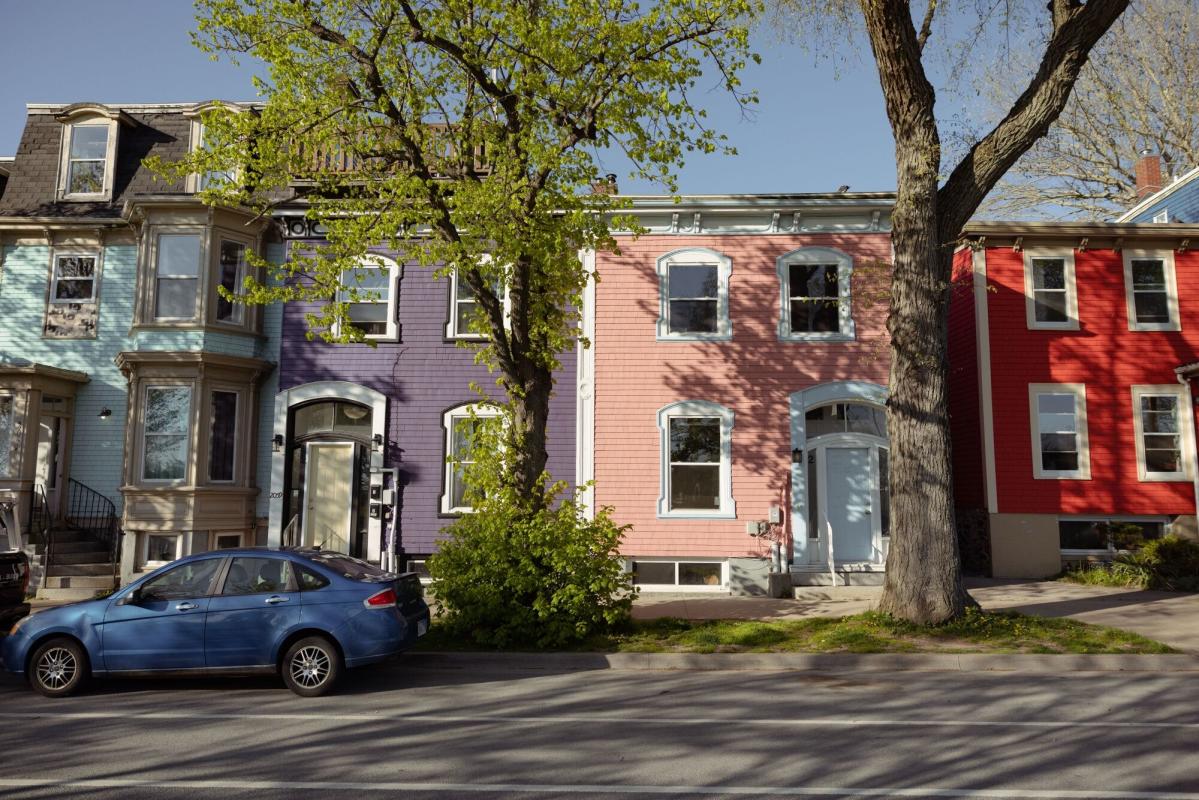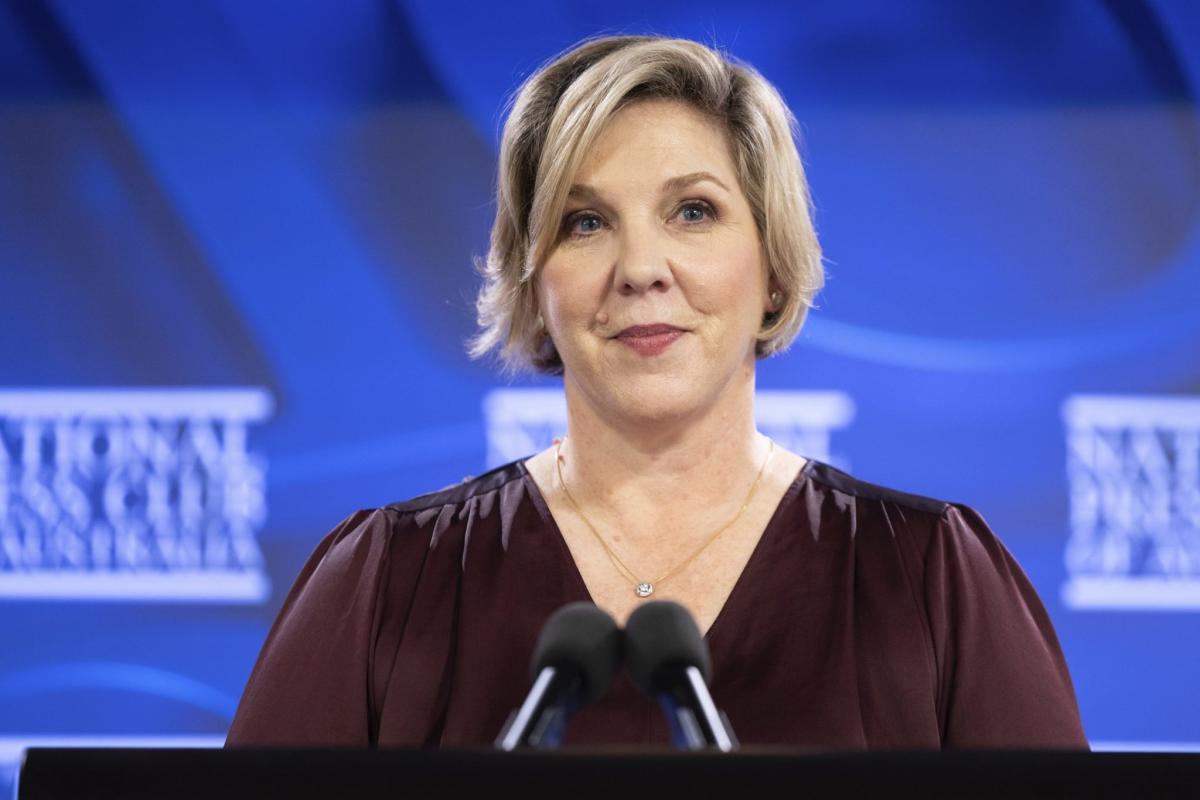(Bloomberg) — Canada will raise capital gains taxes on corporations and wealthy individuals to help pay for tens of billions in new spending aimed at making housing more affordable and improving the lives of young people.
Most read from Bloomberg
Finance Minister Chrystia Freeland said the government will tax Canadian companies on two-thirds of their capital gains, up from half currently. That change will also apply to individual taxpayers if they earn more than US$250,000 ($181,000) in a year, although people can still sell the homes they live in tax-free.
In prepared remarks to lawmakers, Freeland said the job of Canada’s tax system is to combat “structural inequality” and that by raising the tax rate on investment gains she was only asking “those who benefit from the winner-takes-all economy to pay a little more.”
Prime Minister Justin Trudeau’s government has slipped in opinion polls, showing he is losing younger voters frustrated by the high cost of housing. Housing prices in Canada have risen by about 60% since he took office and apartment rents have also soared – forcing the government to roll out programs to speed up construction and ease the cost crisis.
Overall, Freeland’s new budget shows a government caught between these spending requirements, higher borrowing costs and its commitment to keeping the deficit – expected at C$39.8 billion this fiscal year – under control. Trudeau and Freeland are now turning to the wealthiest Canadians and corporations to help foot the bill.
Read more: Young Canadians pressured by housing turn away from Trudeau
The capital gains rate in Canada has not been this high in decades. The government expects the increase to raise C$6.9 billion in the current fiscal year, in part because some investors and companies will rush to sell before the June 25 deadline to avoid the higher tax rate.
“It could reduce the incentive for companies to invest,” said Charles St. Arnaud, chief economist at Alberta Central. “While the tax changes are marginal, they have the potential to impact perceptions of Canada’s business environment.”
Capital gains tax rules include a number of exemptions for entrepreneurs, and individual investors may be able to avoid or defer the tax burden if their assets are held in a tax-sheltered account.
The tax change means that a company selling an asset for a profit of C$10 million would have to pay about C$1 million in additional taxes, assuming a 15% corporate tax rate. Over five years, the change in capital gains could generate C$19.4 billion in revenue, the government estimates, with about 55% of that coming from corporations.
Still, Freeland defended the decision as reasonable. In some other countries, including many European countries, corporate profits are taxed at the same rate as ordinary income, according to PWC.
“In thinking about increasing revenues, we thought very, very carefully about the investment climate,” Freeland said. “That’s one of the most important considerations in my mind, one of the most important things that the government focuses on and thinks about. I am confident that the measure we are proposing today will not have a negative effect on business security.”
Higher growth
According to the new budget estimates, the government has added more than C$56 billion in program spending over five years since November last year. The money is largely aimed at stimulating housing supply, defense and the development of artificial intelligence. The cost of public debt is expected to be about C$11 billion higher over the same period.
“I would characterize this budget as a tax and spend budget – a level of spending that is incredibly high,” said Robert Asselin, senior vice-president of policy at the Business Council of Canada. “I think this sends the wrong signal at the wrong time, at a time when our economy needs more investment and we have a productivity problem.”
Freeland’s budget assumes a soft landing, and the economy looks much stronger this year than most forecasters expected at the end of 2023. Nominal gross domestic product growth will rise 3.8% in 2024, up from 2.5% previously, according to the latest forecasts, pushing up taxes. long-term income.
The finance minister said she will keep her promise to limit deficits to about C$40 billion this budget year and next. The deficit would decline to $31 billion in 2026-27, about 1% of gross domestic product.
Canada’s debt-to-GDP ratio is expected to reach 42% in the 2024-25 fiscal year and reach 39% in 2029, with little change from last fall. Tuesday’s budget does not include a timeline for a return to a balanced budget.
Freeland previously said her budget plan would not increase inflationary pressures — a claim most economists believe, according to a Bloomberg survey in March.
“The Bank of Canada will view this as relatively neutral,” St. Arnaud said.
Read more: One million simulations, one verdict for the US – debt danger ahead
Conservative leader Pierre Poilievre called it a “wasteful inflation budget” that his members will vote against. “That’s like a pyromaniac spraying gas on the inflation fire he has ignited. It’s going to be too hot and too expensive for Canadians,” he said. But it is almost certain that the budget will be passed into law with the support of the opposition New Democratic Party, which favors higher corporate taxes.
Financing needs
Under the government’s borrowing plan, the bond market will be tapped for C$228 billion in the current fiscal year, up 12%, with C$60 billion each in planned auctions of five- and 10-year bonds.
“The yield curve remains deeply inverted and we have seen growing investor interest in long duration,” said Dominique Lapointe, macroeconomic strategist at Manulife Investment Management. “That supports the government’s decision to continue heavy-duty spending in the longer term.”
Trudeau came to power in 2015 promising to run modest deficits to invest in public infrastructure. Deficits have continued and his government has run up Canada’s highest-ever deficit during the Covid pandemic.
–With help from Randy Thanthong-Knight, Brian Platt and Jay Zhao-Murray.
(Updates with additional information on other countries’ capital gains tax rates, quote from Conservative Party leader.)
Most read from Bloomberg Businessweek
©2024 BloombergLP






